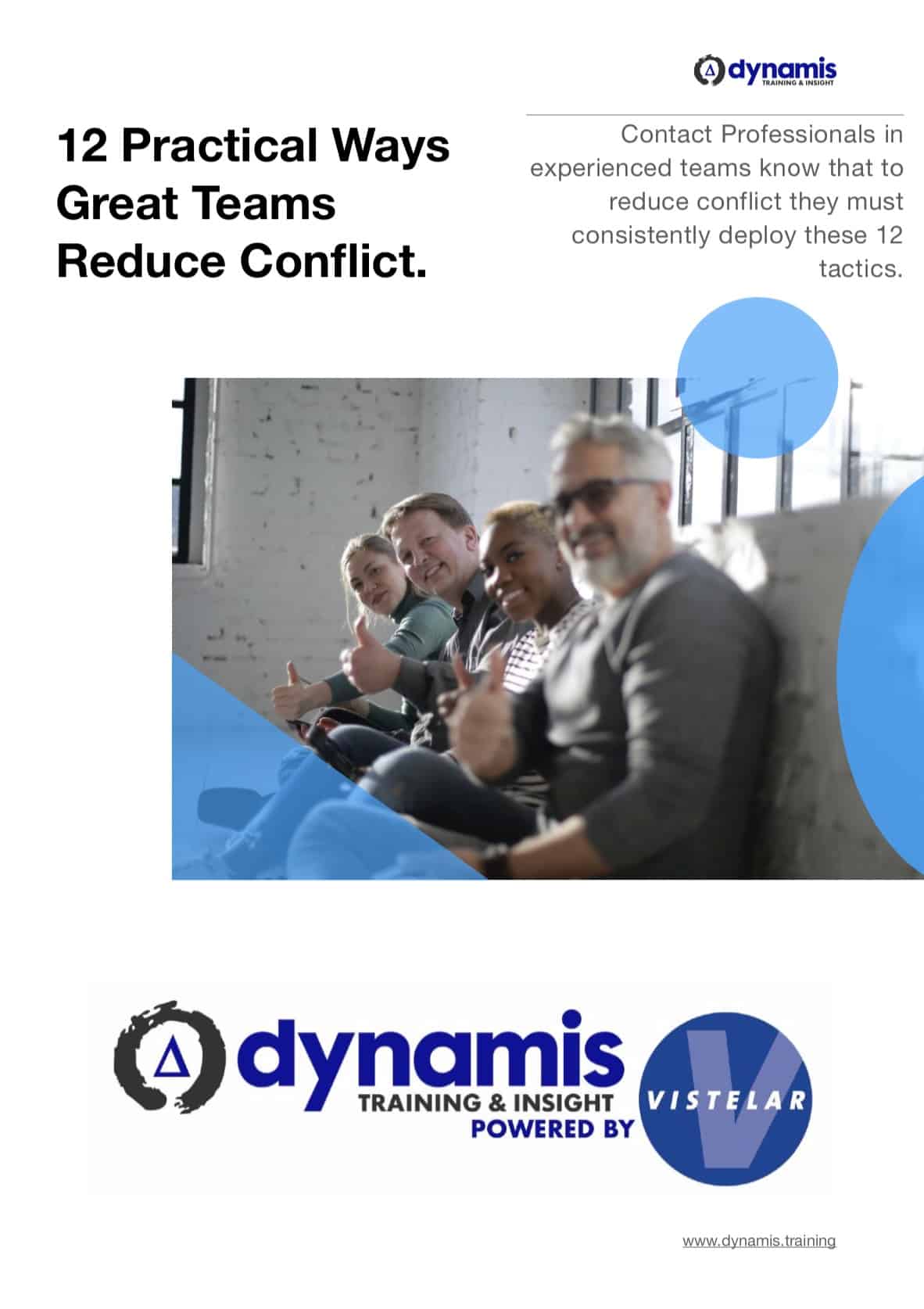Brain Injury Staff Training in Dealing with Distressed or Challenging Behaviours
Brain Injury Training Project Case: a brain-injury rehabilitation hospital, with a specific focus on short- to medium-term care and support for people with brain injuries. The hospital has a unit specifically for cases with challenging behaviour.
Who engaged Dynamis: the hospital service manager, with responsibilities for care quality and health & safety, engaged Dynamis to provide a comprehensive training programme which would ensure both staff and service user safety and security during high-risk interactions.
Why Dynamis was asked to help:
- staff were very diverse in terms of age, gender, experience, previous training and understanding of restraint issues. Managers wanted to homogenise the team’s approach to physical intervention and develop their effectiveness with respect to teamwork.
- Situations of relatively high risk were forseeable with this client group due to the nature of their conditions – confusion, frustration and aggression were highly likely and in some cases were the specific reasons why the patients would be admitted.
- Specific procedures or measures would be required to deal with certain behaviours or environments and therefore the management knew and understood that a specialist provider with a wide experience and the flexibility to respond quickly would be required.
Our initial analysis:
- The programme would have to incorporate both non-harmful and more restrictive methods of control as the Brain Injury staff team consisted mainly of female staff, whose ages, sizes and general physical preparedness was widely varied. The team would have to be given a sufficient number of possible responses for the varied situations they may face.
- The training would require the staff to develop a teamwork-ethic, ensuring clear communication, coordination and tactical awareness as far as possible, in order to ensure effectiveness and efficiency in high-risk scenarios in the Brain Injury Unit.
- The training would have to be sensitive to the complex medical and behavioural issues which this Brain Injury client group could present – [example: a man who would fight-off staff who are trying to save his life in an emergency (he was aspirating due to medical complications)]
Training Delivery:
Gerard O’Dea (principal trainer for Dynamis) delivered a three-day programme of training in Physical Interventions for this Brain Injury staff team. The programme covers legal, duty of care, risk awareness, risk reduction and comprehensive physical skills, all delivered in line with the specific guidance relevant to this hospital’s activities.
More information:


